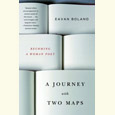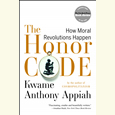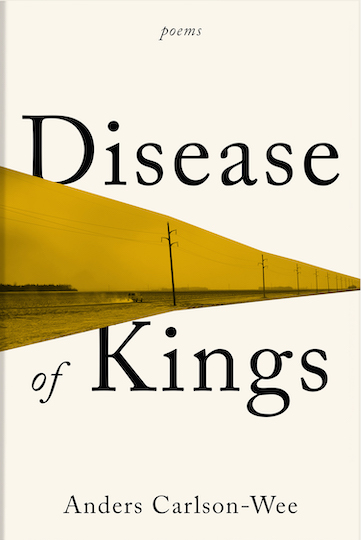Seeing Yourself in the Story
Heather Truett on her debut novel and bringing more neurodivergent voices to publishing
Heather Truett’s debut young adult novel, Kiss and Repeat, brings to life the author’s commitment to more neurodivergent voices in publishing. Currently an M.F.A. candidate in creative writing at the University of Memphis, Truett is launching her career with a charming, relatable story centered around Stephen, a teen with Tourette’s syndrome who discovers that his tics disappear when he is kissing someone. With the help of his best friend, Stephen embarks on a scientific investigation of this phenomenon, making it his goal to kiss as many girls as possible during his “experiment.”
 Although Stephen has always thought himself unlikely to have a girlfriend, he becomes entangled in relationships with not one but two girls, forced to figure out what really matters to him and who he wants to become along the way. While Stephen’s Tourette’s may be new to some teen readers, his relationship missteps and the way he navigates school, family, friends, and church (where his mom is the pastor) will be familiar territory for many, and readers will be rooting for him as nurtures his newfound confidence and learns how to see himself as others do.
Although Stephen has always thought himself unlikely to have a girlfriend, he becomes entangled in relationships with not one but two girls, forced to figure out what really matters to him and who he wants to become along the way. While Stephen’s Tourette’s may be new to some teen readers, his relationship missteps and the way he navigates school, family, friends, and church (where his mom is the pastor) will be familiar territory for many, and readers will be rooting for him as nurtures his newfound confidence and learns how to see himself as others do.
Heather Truett answered questions from Chapter 16 via email.
Chapter 16: The epigraph for Kiss and Repeat is a Ray Bradbury quote about a journey being half terror and half exhilaration. What made this quote the perfect fit?
Heather Truett: Just a few weeks before Swoon Reads offered a contract on this book, a friend died. He rode his bike everywhere, treated it like his best friend. I already thought of him as I was writing the bike stuff in Kiss and Repeat, and when the book sold right after his death, I felt sure he was pulling strings from the afterlife. The quote is to honor the life Chris lived and the way my main character and those of us who are neurodivergent live our lives, even when relationships and experiences are scary.
Chapter 16: The Swoon Reads imprint is a unique publishing venture that uses reader feedback. Would you describe your process bringing this book into the world?
Truett: I was between literary agents when I decided to put this manuscript on the Swoon website. I was finishing my undergrad degree at that time and didn’t want to leave this book gathering dust in a file while my attention was elsewhere. Swoon was a great way to get the story in front of editors at Macmillan while I looked for an agent for another project. I got a lot of great feedback from the site’s readers, and that helped make the book what it is today. A few months after I uploaded my manuscript, I got an email from my now-editor asking to talk. From there, it was like any other traditional publishing experience.
Chapter 16: From Drake to Post Malone, today’s music shows up in Kiss and Repeat, and you’ve even got a playlist to accompany the release. Why is music so important, and how do you decide what to include?
Truett: The music in the book is meant to create the atmosphere teens live in. My sons both listen to music nonstop, and it was everywhere when I was young as well. My friend’s daughter was helpful, filling me in on what was being played at parties today. The Spotify playlist is a little different. I don’t listen to music while writing, but when I’m trying to get in my character’s headspace, I play certain songs. The Kiss and Repeat list is full of songs that helped me think like Stephen, so most of them are from the 90s. That music takes me back to the insecurities, loves, and fears of my own teendom.
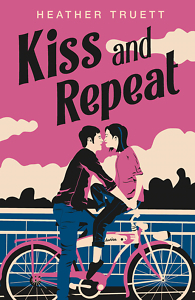 Chapter 16: The last few years have been challenging for everyone, and releasing a debut novel is no exception. Who are the 21ders and how have they helped?
Chapter 16: The last few years have been challenging for everyone, and releasing a debut novel is no exception. Who are the 21ders and how have they helped?
Truett: The 21ders are a group of authors with YA and middle-grade debut novels releasing in 2021. We help each other navigate everything from revisions to marketing, launch events, preorder campaigns, what pen is best for signing books… Our Slack is super active. We have a website where you can find our books grouped by themes (wonderful resource for librarians and booksellers). With the lockdowns and virtual events, it is easy to feel isolated in this experience, and the 21ders help so much. Use #the21ders to find us on Twitter.
Chapter 16: Kiss and Repeat’s protagonist has Tourette’s syndrome, with an evolving set of tics that seem to disappear when he’s fully absorbed in an activity — like kissing! How has your own journey and relationship with neurodivergence shaped your writing? Why is representation so important?
Truett: I am autistic and have ADHD, but I wasn’t diagnosed until adulthood and I often wonder how different my life might have been if I had known earlier. Even without those labels, I knew I seemed weird to many of my peers, and I found refuge in the pages of books. I searched out stories about girls who didn’t fit in. Seeing yourself in a story helps you feel seen, like you have a place in the world.
One of my sons is also neurodivergent, and Tourette’s is on his list of labels. I wanted to create a world where he exists in stories as well. When I taught preschool, I read my class picture books that included children with different ethnicities, religions, disabilities, gender identities, etc. Stories build empathy, and I want to be part of influencing our future for the better.
Chapter 16: Stephen is a preacher’s kid and active in his church youth group. He’s also a typical teenager who goes to parties and sometimes fights with his parents. How do you respond if someone asks, “Is this a Christian book?”
Truett: It’s not. I’ve never liked using Christian as an adjective. I was raised in the conservative church and I am married to a Methodist pastor, but I have been deconstructing my own faith for years. I think it would be disingenuous to exclude religion from a teen’s life entirely, especially in the small-town South. Youth group and church are a big part of the culture here. My husband was a youth pastor for a long time, and I have talked with so many teens as they wrestle with faith questions, whether they are Christian, Muslim, or atheist. I’m not 100% sure of my own beliefs on any given day, so you won’t catch me writing a story that tells someone else what they should believe, but I won’t write a story where those questions don’t get asked either.
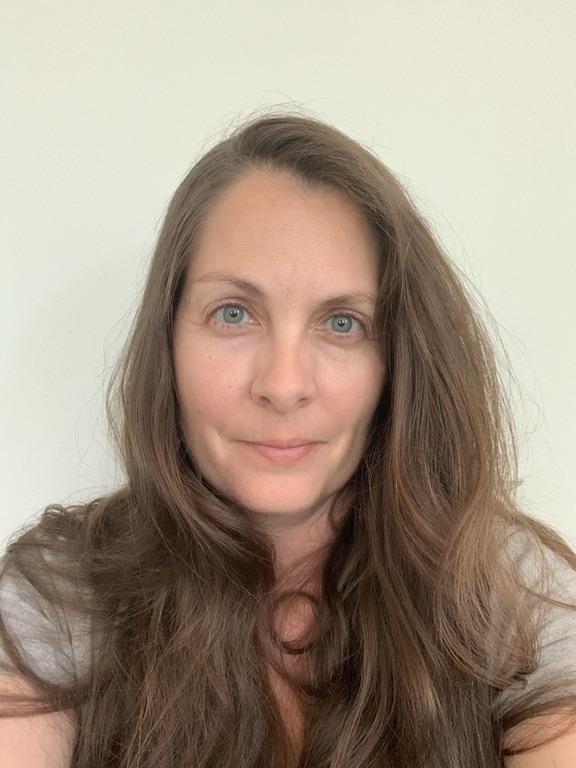
Sara Beth West is a writer and reviewer, usually found at sarabethwest.com. She lives in Chattanooga with her family, dogs, and a cat who always, always, always thinks it is time for dinner.

